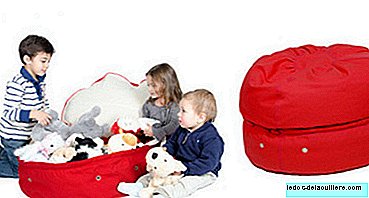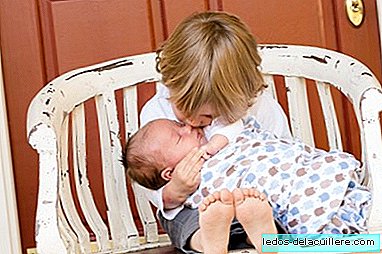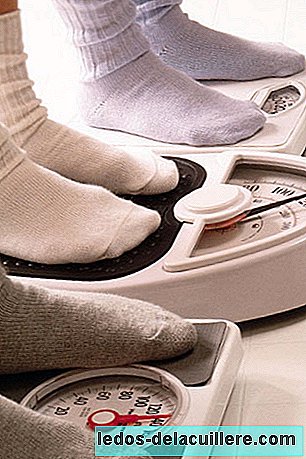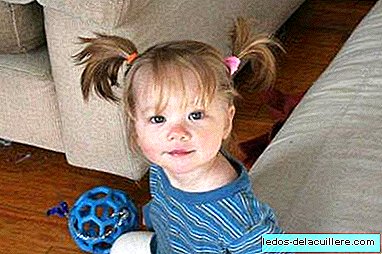
All experts recommend (or should recommend) exclusive breastfeeding up to six months of the child it is the best for the baby.
However, in practice it is not as easy as in theory, as there are mothers who for various reasons cannot offer their babies' breast during that period, the greatest impediment being returning to work after maternity leave.
The protective effect of breast milk on the health of the child is known and that is why the WHO (World Health Organization) recommends it as an exclusive food during the first six months of life and together with solid food for two years.
A study in Rotterdam has ratified these recommendations, proving that exclusively breastfed babies for six months are less likely to develop respiratory and gastrointestinal infections.
They have analyzed 4,100 babies born in Rotterdam and have observed that of all the children, 12% had never been breastfed, 29% had been breastfed less than 4 months, 25% between 4 and 6 months and a 34% for 6 months or longer. However, only 1.4% of the children had been exclusively breastfed during the first six months of life.
Of all the children, almost half (40%) suffered a respiratory tract infection and almost 8% had a gastrointestinal infection in the first six months of life. While 37% had a respiratory problem and 9% had a stomach between seven and twelve months.
The study has shown that exclusive breastfeeding for 6 months tends to protect children against infections more than exclusive breastfeeding for 4 months, and even more than exclusive breastfeeding for 4 months and partial thereafter.
Better six months than four months of exclusive breastfeeding
Exclusive breastfeeding for six months reduced the risk of respiratory infections by two thirds. While in cases of exclusive breastfeeding for four months the risk was also reduced, but to a third or half. Protection has been more pronounced in children between 0 and 6 months of age, but less noticeable among children between 7 and 12 months.
As for gastrointestinal infections, the protective effect of exclusive breastfeeding for four or six months was less pronounced, especially in the second half of the first year.
In both cases, the risk of infections is less among exclusively breastfed children for six months than for four.
For a maternity leave of six months
The study confirms the recommendations of the WHO, an organization that promotes exclusive breastfeeding for six months, but the main obstacle for women to comply with it is the return to work after maternity leave, which is currently four months If it has not happened before, breastfeeding is suspended when the mother returns to work.
For this reason, to prevent the abandonment of breastfeeding at four months and be able to extend it to six months with greater freedom, from several sectors it is requested to extend maternity leave to six months. It is the minimum time for mother and baby to enjoy breastfeeding and be together.
It would also be desirable for mothers who wish to continue giving their milk to their babies once they have joined the work, whether with adequate facilities and more flexible schedules.
Exclusive breastfeeding up to six months is the best for the baby. That is why I believe that maternity leave should last at least the same time. It is a claim that I consider necessary with the benefit of children in mind, who are really the ones who really matter.












